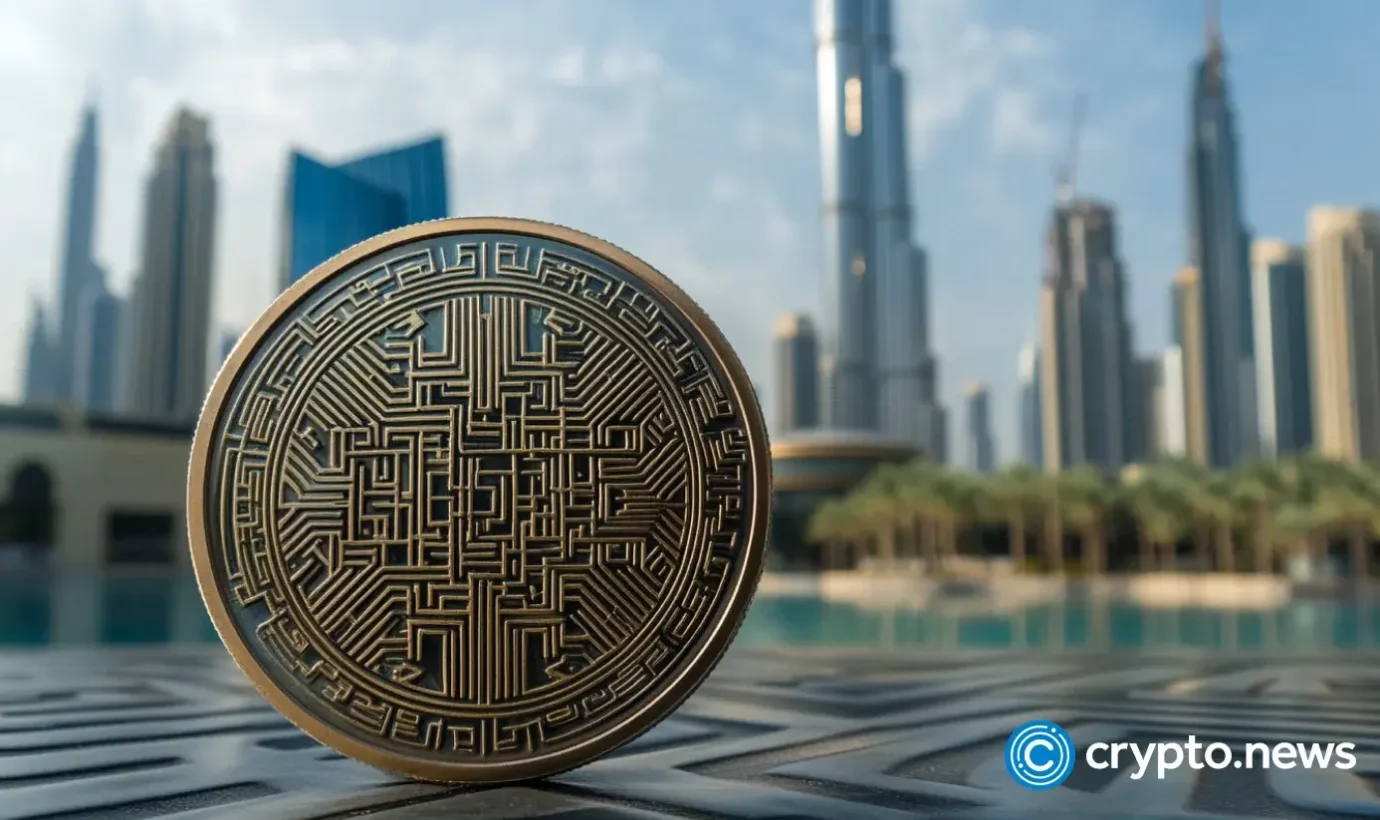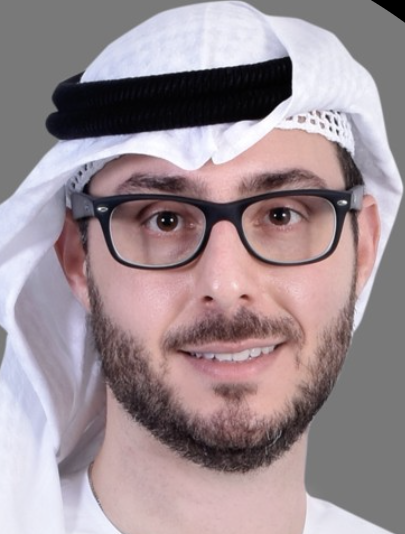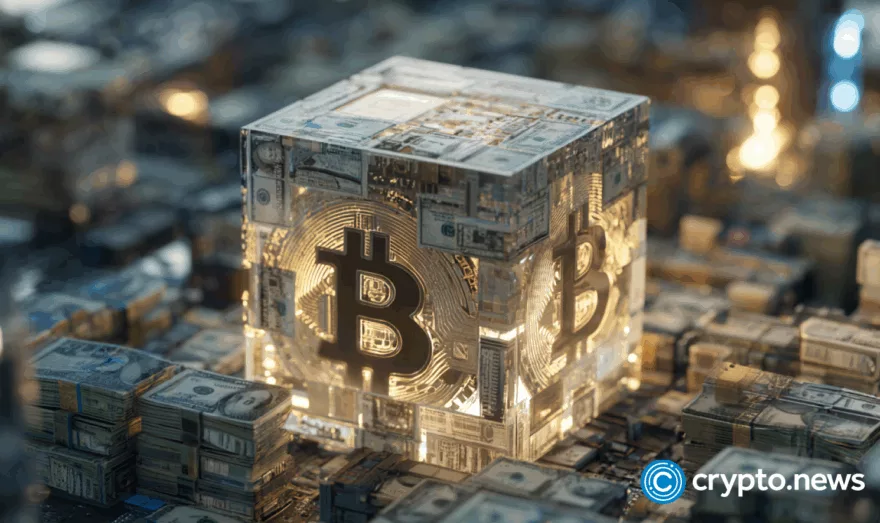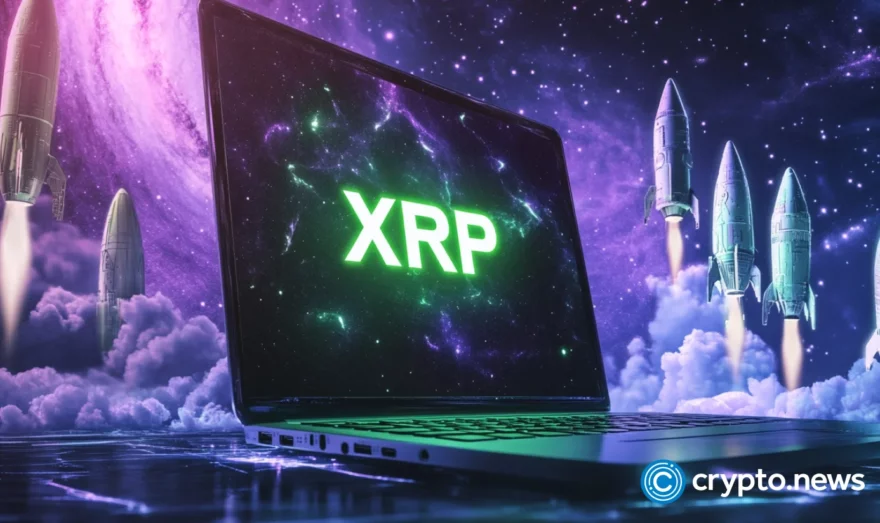Institutions don’t want hype, they want rules, and the UAE is delivering | Opinion

Disclosure: The views and opinions expressed here belong solely to the author and do not represent the views and opinions of crypto.news’ editorial.
It may come as a disappointment to crypto degens to hear that institutions aren’t chasing the next craze in crypto. Institutions just have no interest, plain and simple.
- Speculation is fading, institutions want clarity — retail hype and memecoins are giving way to institutional demand for predictable regulation.
- The UAE offers a model framework — with clear disclosures, asset segregation, capital requirements, and broad license categories that anticipate institutional needs.
- Regulatory certainty attracts serious capital — unlike Europe and the UK, the UAE adapts rules in near real-time, balancing innovation with risk management.
- The next phase is institutional integration — over the coming years, banks and funds will increasingly adopt Bitcoin, stablecoins, and tokenized assets, stabilizing and legitimizing the market.
For years, the global conversation around crypto has been mainly around retail speculation, viral tokens, sudden price surges, and headline-grabbing crashes. And let’s not even get started on all the celebrities cashing in on their useless tokens. In fact, within the next decade, there will come a time when people will look back and wince at the idea that such a world ever existed.
But it will also mark the next stage of crypto’s maturity, which is music to the ears of institutions and is why so many banks and family offices are still standing on the sidelines, waiting for that moment to happen.
Institutions want assurance
Institutions are chasing certainty, not in the volatility of Bitcoin’s (BTC) price, but in clear, predictable regulations, and the United Arab Emirates has built a framework that delivers that. From transparent disclosures and rigorous client-asset segregation to clear capital requirements and proactive oversight, the UAE has built “the guardrails” that allow institutions to interact with digital assets confidently.
What matters to them is clarity, predictability, and a regulatory framework they can rely on. The UAE has purpose-built virtual-asset regimes in multiple sub-jurisdictions with variations on the guidance that doesn’t react to market trends; it anticipates what institutions need. A huge advantage includes a broad scope of license categories that cover many possible business models, products, services, and use cases. In doing so, the UAE is moving crypto from a speculative pastime into a legitimate, investable asset class.
You could even go so far as to say that the UAE operates on an entirely different level compared with other jurisdictions, such as Europe’s Markets in Crypto-Assets Regulation and the UK’s Crypto-Assets Regulations Framework.
Regulatory certainty is more than a checkbox for institutions
While European and UK frameworks can be slow to adapt, the UAE combines clear rules with flexibility in a market that values innovation and the strategic role of fintech. Unlike many other jurisdictions, the UAE applies thoughtful regulation in near real-time. License categories are introduced regularly as the space evolves through proactive collaboration between the industry and regulators, with careful consideration of balancing risks and innovations.
For institutional players, regulatory certainty is more than a checkbox; it is the foundation for institutions to get involved. Banks, pension funds, and family offices cannot commit balance-sheet capital to markets that are volatile, not just in price but in rules.
By providing clear guidelines on disclosure, compliance, and risk management, the UAE offers a stable environment where governance and accountability coexist with growth. The UAE is sending a clear message that it values institutional engagement over short-term hype (yes, they have no interest in the 50,000% returns on memecoins). This approach doesn’t just attract capital; it cultivates long-term relationships with global financial players, building a sustainable ecosystem for digital assets.
Some might argue that hype drives adoption, and in the short term, it can. But the history of financial markets shows that sustainable growth comes from structure, not sensation. Equities, commodities, and traditional banking succeeded not because they were flashy, but because they were predictable, auditable, and secure. By applying the same principles to digital assets, the UAE is combining innovation with caution, an approach that attracts serious investors.
Institutional investors in the UAE are now able to integrate virtual assets into their portfolios without the fear of sudden regulatory surprises.
The next two years could be significant
This creates a virtuous cycle, as institutional capital flows in, markets stabilize, liquidity improves, and the broader ecosystem benefits. By acting on this fundamental truth, the UAE is building not just a market, but a legacy, one where innovation thrives within a framework of trust, and where the digital assets industry can grow responsibly for decades to come.
Over the next two years, we expect more and more investment portfolios and corporate treasuries to begin integrating virtual assets for different purposes.
This could come in the form of simply investing in Bitcoin, using stablecoins for settlements, or integrating other newly permitted innovative products, such as tokenized real estate title deeds, which have recently been piloted in Dubai.
It should be obvious to other jurisdictions by now that a clear, consistent, and forward-looking regulatory framework can help digital assets move from speculative curiosity to mainstream financial instruments.















